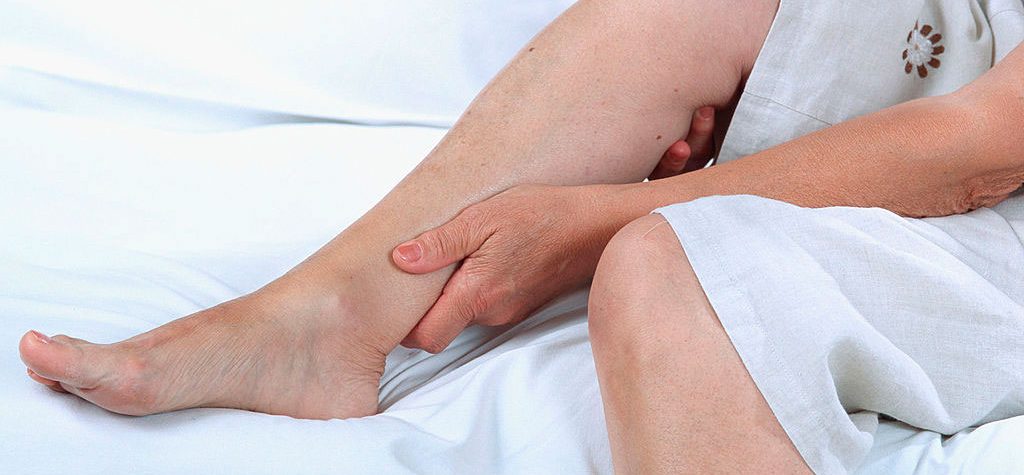Is Muscle Pain a Side Effect of Statins?

It is still far from clear whether muscle pain is a side effect of statins in large numbers of patients, but certain people are twice as likely to suffer pain.
There’s some evidence that a side effect of cholesterol-lowering statins is muscle pain, but it remains unclear how much.
It also remains unclear in which people this effect occurs.
But, a study found that that people who had previously reported problems with statins were nearly twice as likely to suffer muscle pains and weakness than those on a placebo.
“It is still far from clear whether statins really cause muscle symptoms in large numbers of patients, even though we know they can cause severe muscle problems in a very small proportion of patients,” said Liam Smeeth, head of the department of non-communicable disease, London School of Hygiene & Tropical Medicine.
YOU MIGHT ALSO LIKE: Our Heart Care Section
It’s not always obvious if the muscle pain is due to a statin or some other medication or symptom, but it occurs mostly in the shoulders, upper arms, and thighs. Patients with statin-related pain complain those muscles are painful or weak, or that they lack strength.
When the pain isn’t severe, your doctor might put you on a lower dose or try a different statin. The symptoms may occur with one statin but not another. Another approach is to take a statin every other day or less often, which could still lower cholesterol but not lead to the muscle pain.
“Often people may experience muscle pain or discomfort when starting a statin, but usually these symptoms improve after the first few weeks on the medicine,” says Lori C. Dupree, PharmD, president of Clincomm Consulting in Lexington, S.C. “But it’s important to remember that muscle pain may develop even if you have been taking a statin for years.”
If you have muscle pain while taking a statin, consult with your doctor, who will likely do a physical exam and blood testing. If your doctor believes the muscle pain is a side effect of the statin, you’ll probably be told to stop taking the medication until the pain subsides, Dupree adds.
“If your muscle pain improves, you and your health care team can decide whether it is acceptable for you to remain off of a statin, or whether you need to continue this type of medication” Dupree says. “Sometimes your doctor will prescribe a different kind of medication to treat high cholesterol instead of a statin. However, when the decision is made to continue taking a statin, trying a different statin may work.”
A 2013 study implied that in some cases muscle pain might be a result of combining statins with other medications.
The research found that people taking statins had their risk of muscle pain doubled when they were also taking other prescription drugs. Often, the side effects were what led the patients to stop taking statins.
People in the study who quit using statins because of the muscle pain were, on average, taking up to three other drugs that could increase the risk of side effects.
“What this tells us is that if we as practitioners and as patients are proactive about knowing the potential drugs that could cause interactions, we could reduce the risk of these muscle pains and side effects,” Matthew K. Ito, PharmD, a professor at the Oregon State University College of Pharmacy told The New York Times. “These medications are lifesaving. But patients don’t benefit from them if they’re not taking them because of a side effect.”
Statins lower LDL (“bad”) cholesterol and can reduce inflammation in arteries. But some studies suggest that up to one in five people taking them have aches, weakness, and general soreness in the muscles. Scientists think this may occur because statins block the production of a molecule the body uses to generate energy, called CoQ10, which is being studied in clinical trials.
“About a quarter of Americans older than 45 are prescribed statins, and it is well known that a large number of antibiotics, antidepressants and other medications can interfere with the way they are metabolized,” writes Anahad O’Connor. “The net result of drugs that have this impact is the same: They increase the concentration of statins in the bloodstream, amplifying their effects.”
YOU MIGHT ALSO LIKE: Getting More Sleep May Protect Your Heart
Updated:
March 02, 2020
Reviewed By:
Janet O’Dell, RN